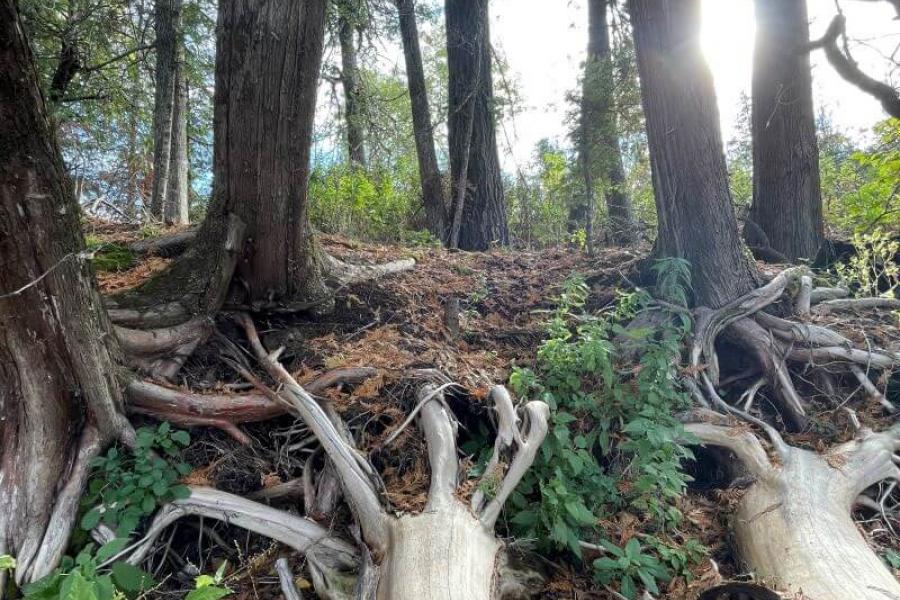The University of Manitoba campuses are located on the original lands of the Anishinaabeg, Ininiwak, Anisininewuk, Dakota Oyate and Dene, and the National Homeland of the Red River Métis.
We are governed by the promises – most of them unfulfilled – of Treaty 1 and the Manitoba Act. We recognize that we have benefited from, and continue to benefit from colonization, specifically of Treaty 1 lands, but also Treaty 2, 3, 4 and 5 Territories.
We respect and honor Treaty 3 Territory Shoal Lake 40 First Nation as the source of Winnipeg’s clean drinking water. Sourcing water from Shoal Lake 40 led to surrounding Indigenous communities living under a boil water advisory, lacking access to clean drinking water, for more than two decades. You can learn more about the development of Winnipeg’s municipal water supply as an example of the history of settler colonialism in Dr. Adele Perry’s book Aqueduct: Colonialism, Resources, and the Histories we Remember. We also acknowledge that our access to electricity comes from the north, particularly Treaty 5 territory but also Treaty 1, 2, 3 and 4. This access to hydroelectricity often results in the displacement of Indigenous peoples and their communities, including flooding, shoreline erosion, changes to water quality, disruption to fishing and hunting, and the destruction of habitat.
The CHRR recognizes the ongoing role of settler colonialism the ways in which other systems of oppression intersect with colonialism to deny the rights of Indigenous peoples and communities. We recognize the resistance of Indigenous peoples to that oppression and use an intersectional lens to research and advocate for Indigenous sovereignty and resurgences.


